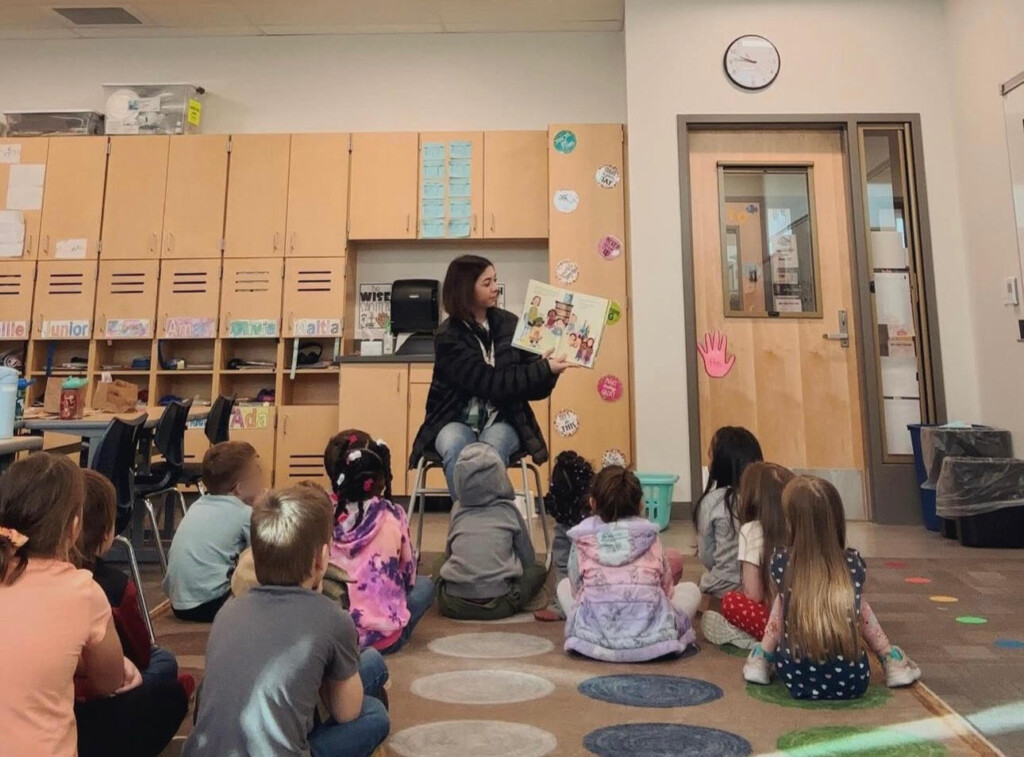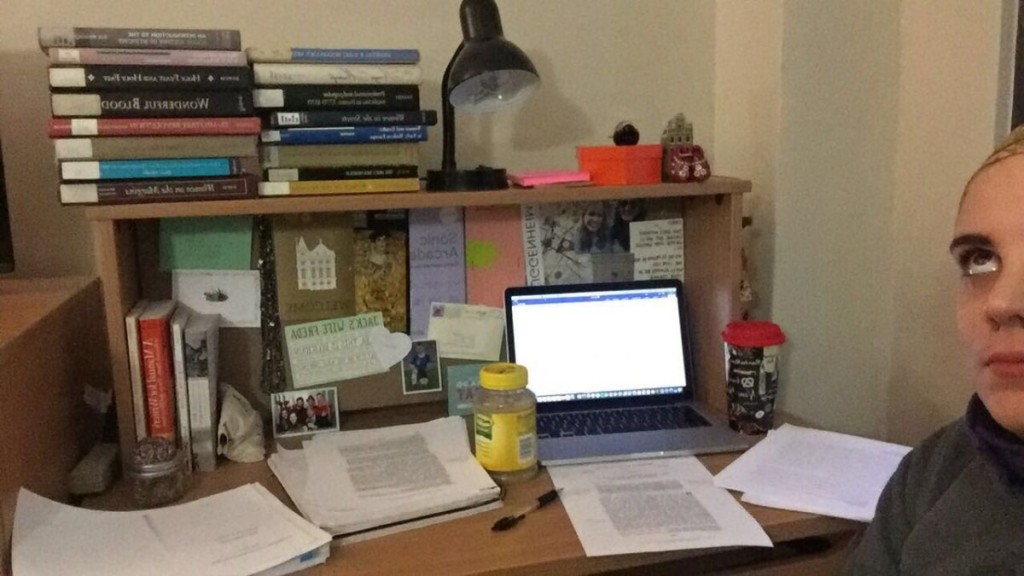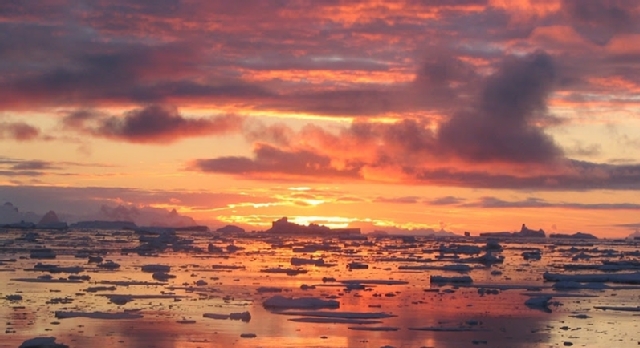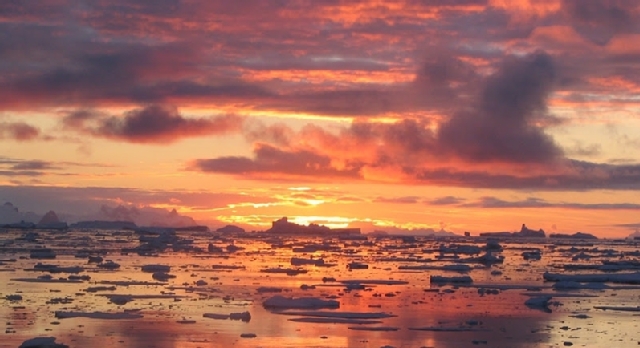Page 13 • (164 results in 0.043 seconds)
-

Sarah Davis began her PLU journey with the idea that medicine and health care would be the ultimate goal, but then a couple of classes focused on plant development and global agriculture grew a new passion. “I have a family history of agriculture, my grandfather…
project? My capstone project was very much inspired by my passion for plant science, food security and agriculture. I completed my capstone project last spring, where I wrote a literature review focusing on genetic engineering mechanisms to combat environmental stressors — such as flooding and drought — in important agricultural crops … food security is being threatened by the severe weather patterns as a result of climate change. One potential solution to the severe crop losses, loss of food security
-

During the 2023-2024 academic year, 2,345 students received PLU-funded aid, with the average PLU student receiving $37,036 in scholarships. Through scholarship support, donors are part of a network of care that supports students in pursuing their educational goals, unlocking their full potential, and becoming leaders…
one day I can repay the favor to another hard-working student. Thank you to the donors who are supporting me; it makes me feel that all my hard work did pay off.” Austyn Blair ’25, English Lit and Holocaust and Genocide Studies, Religion, Gender and Sexuality Studies “My goals are to teach English and/or work in genocide prevention and education. I want to educate others as I educate myself.” Austyn Blair ’25 has a full schedule. He is majoring in English Literature and minoring in Holocaust and
-

Thinking about graduate study in history? Pacific Lutheran University history majors have an excellent track record when it comes to earning an M.A. or a Ph.D. (or both) in history. I recently touched base with Carli Snyder, ’17, about her first year in grad school.…
Women’s and Gender Studies & Holocaust and Genocide Studies at PLU, in addition to her History major. She was well-prepared for graduate school elective courses like “Human Rights and Nation States,” and “Sex, Society, and Politics in Post-1945 Europe.” As Carli puts it, in those classes and her year-long required historical literature survey and required research seminar,” I was able to utilize and build upon the intellectual base I formed at PLU and was challenged by fresh perspectives, a new peer
-
Robin and Collin (pictured in 2017) were PLU students and, eventually, became spouses. Now, Collin is back as a professor. In Fall 2017, PLU’s Department of Languages and Literatures welcomed visiting lecturer Collin Brown. Professor Brown is teaching first semester Norwegian as well as Writing…
PLU students. × “You could say that the entire reason I’m here is because of her.” Professor Brown describes himself as a big horror movie fan and recently co-wrote (with Matthew Anderson, MA, from the University of Austin at Texas) an academic article on religious narratives in Ghostbusters (1984). As Professor Brown explains, you can go through the spiritualist literature of the 19th and 20th century and find five prevailing views/opinions on the spiritualist movement. “We basically analyze
-
In March 2020 PLU shifted to online learning in response to the COVID-19 pandemic. “How will classes work? Will there still be group projects? Will Capstone presentations still happen? How long will it be like this?” These are just some of the questions students and…
literature and history, says “I basically do all my research on the internet, the PLU library database list is my best friend right now.” Regardless of whether students currently reside on or off campus, they find a use for Mortvedt Library’s resources. But as useful as the library is, in the Humanities there’s also great merit to be found in the input of one’s peers. James notes that “interacting with other students is super useful.” Discussion and collaboration might seem harder to partake in during
-

Spring is almost here. We just set our clocks forward an hour and throughout this semester students will have plenty of master classes to anticipate with an incredible variety of guest artists from disciplines. Keep reading to hear about the talented musicians, educators, and composers!…
resources, and how to choose literature for elementary choirs. Nicole Laborte, who spoke with our students last semester, will return to discuss teaching strategies and tools for teaching virtually. Guy Kovacs, principal at Kalles Junior High School in Puyallup, will speak on how to find teaching jobs and ace an interview. He has been recognized as Middle School Principal of the Year and is loved by his students and staff. PLU alumna Helene Beck will present on teaching elementary general music
-

Antarctic sunset. Photo taken by Samantha Dillon. Resource 2012 Wang Symposium: Our Thirsty Planet Wang Symposium: Activist fights to preserve the precious resource of water By Barbara Clements Maude Barlow didn’t start out interested in water. Nothing of the sort, she recalled recently from her…
English literature. Since that epiphany, Barlow has become a leading voice on water conservation and the view that it is a resource that should be conserved and administered as a public, not private resource. Maude Barlow She has authored 16 books, including “The Politics of Water”, “Blue Gold” and her most recent book “Blue Covenant” (2007, The New Press). Barlow is the recipient of 11 honorary doctorates as well as many awards, including the 2005 Right Livelihood Award (known as the “Alternative
-

“An Antarctic Sunset” taken by PLU student Samantha Dillion in 2006 during J-Term study away in Antarctica. Wang Symposium 2012: Water warrior fights to save our most precious resource By Barbara Clements Maude Barlow didn’t start out interested in water. Nothing of the sort, she…
fresh eyes,” said Barlow, who has a degree in English literature. Maude Barlow Since that epiphany, Barlow has become a leading voice on water conservation and the view that it is a resource that should be conserved and administered as a public, not private, resource. She has authored 16 books, including “The Politics of Water”, “Blue Gold” and her most recent book “Blue Covenant” (2007, The New Press). Barlow is the recipient of 11 honorary doctorates as well as many awards, including the 2005
-

Washington, D.C. (March 20, 2017)- When Scott Foss ’91 enrolled at Pacific Lutheran University, he dreamed of becoming a paleontologist and pursuing a career outdoors conducting research. Now, he’s a senior paleontologist at the Department of the Interior. Foss serves as a policy adviser and…
at PLU and have stayed in contact with the faculty throughout my career. I knew I wanted to become a paleontologist by the time I arrived on campus. I’ve always been interested in a lot of different things, and I was able to pursue them at PLU, knowing that I would eventually have to set them aside to focus on paleontology. I took a lot of classes to do with art, writing and literature coursework. I also played tuba in the wind ensemble and the crazy pep band PLU had back then, known as “commando
-
Spring, 2022 This issue marks an important transition for the Division of Humanities. As of this summer, the Humanities programs —English, Languages & Literatures, the Language Resource Center, the Master of Fine Arts in Creative Writing, the Parkland Literacy Center, Philosophy, and Religion— will merge…
humanities can and should learn from the living presence and complex reality of non-human animals. And the “intellectual and aesthetic transformations” that our teaching makes possible are reflected in the pedagogical insights of professors Jen Jenkins and Kirsten Christensen, who explain their interdisciplinary approach to teaching the literature and cultural history of the German-speaking world. The Energizing Challenge of Diversity In 1993, Dean Paul Menzel noted the division’s concerted efforts to
Do you have any feedback for us? If so, feel free to use our Feedback Form.


